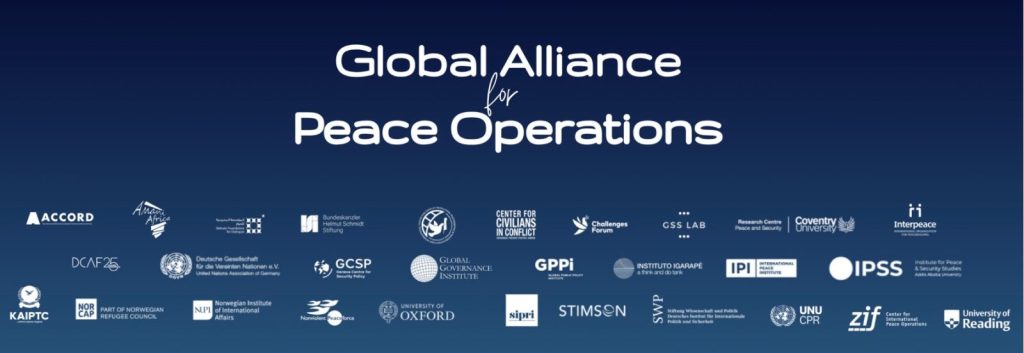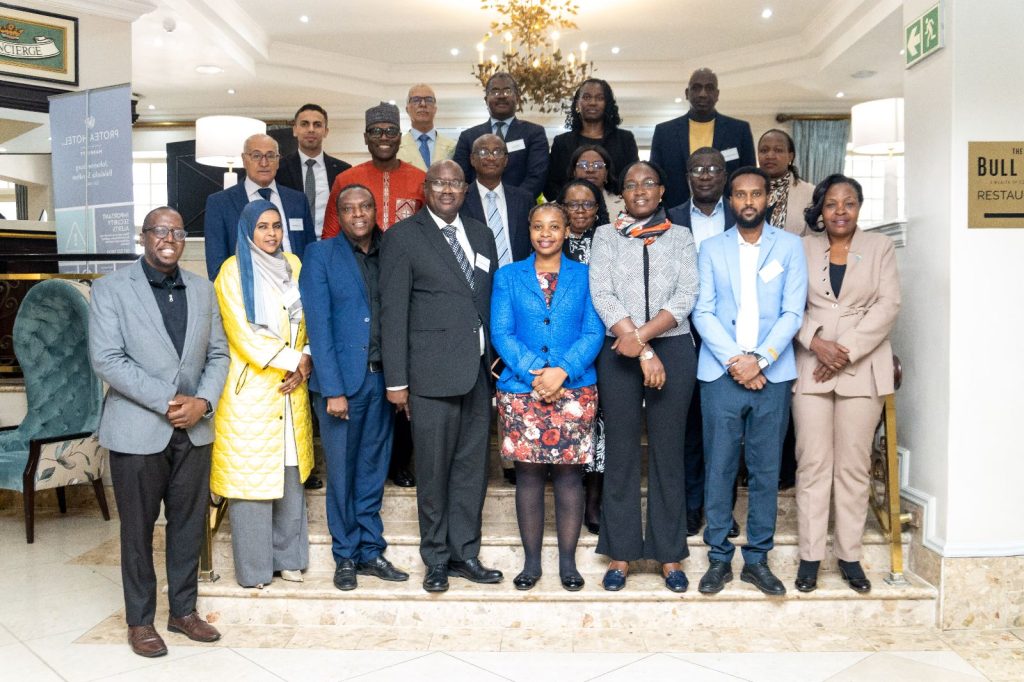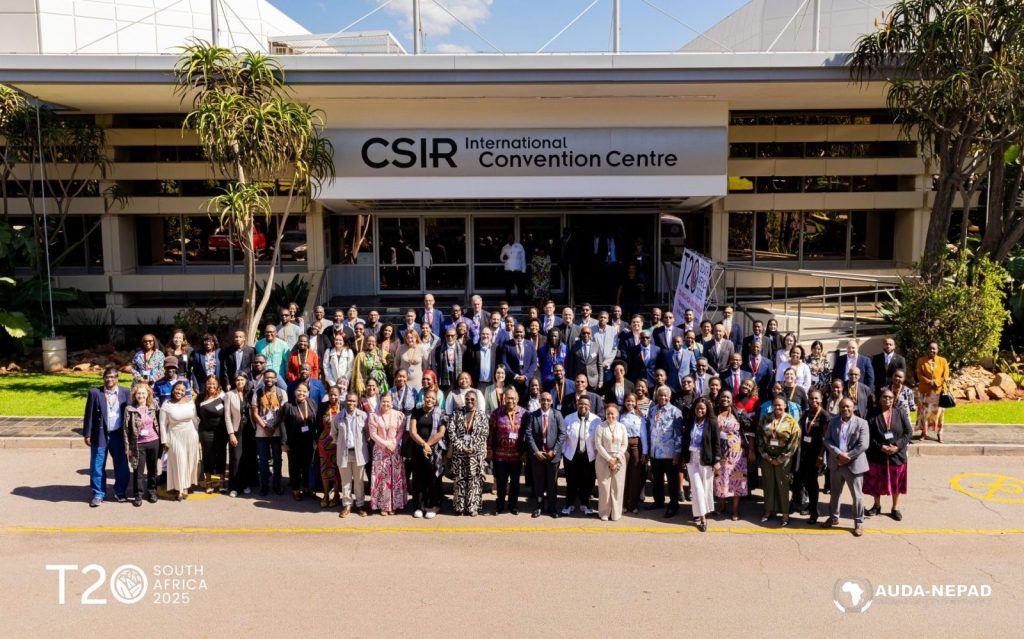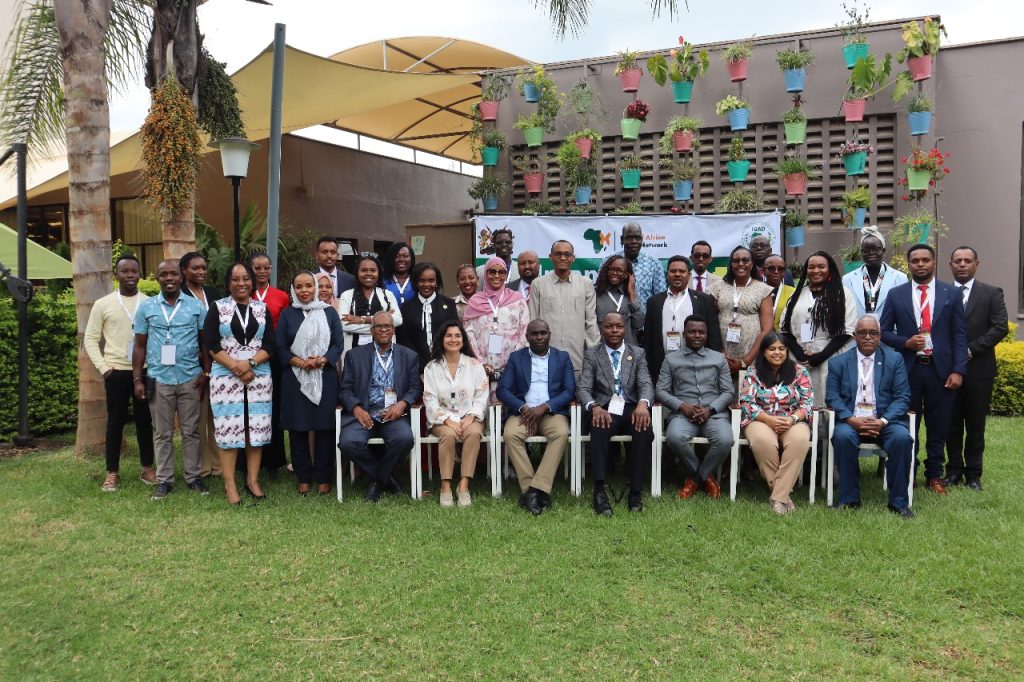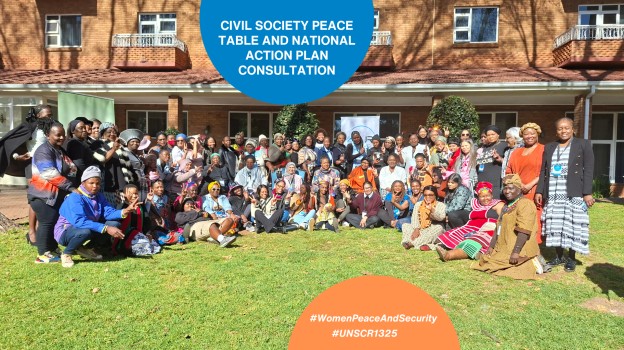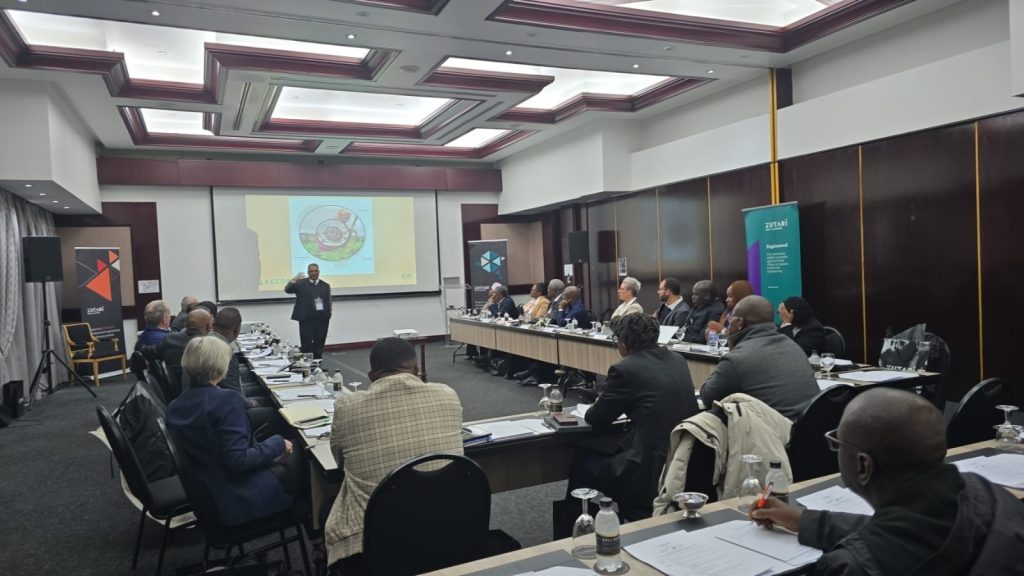As part of its initiatives in the Great Lakes Region, ACCORD together with partnering organisations met to discuss on further planning in the implementation of activities on the Great Lakes Project that is to take place over the course of the next three years.
During the first week of April, ACCORD met with colleagues from NPI-Africa, a Kenyan based NGO, together with the Global Partnership for the Prevention of Armed Conflict (GPPAC) to continue with planning of activities in the four focus countries within the Great Lakes Region, that is, DRC, Burundi, Rwanda and Uganda. The key areas of discussion addressed: the contextual situation in the four countries where the Project will be implemented; agreement on the distribution of activities per institution; and defining the projects that will be collaboratively undertaken and identifying those that will be undertaken by the respective institutions.
Three outcomes guide the planning and implementation of this project. This includes: 1) that Peacemaking and peacebuilding initiatives undertaken by civil society organisations in the region adopt a conflict prevention, gender-sensitive and multi-stakeholder approach to their work; 2) by 2015, dialogue with state actors and CSOs is facilitated by the ICGLR National Coordination mechanism for increased political engagement and participation; and 3) by 2015, multiple stakeholders at the national level develop and implement common strategic action plans related to National Peacebuilding Frameworks in the four focus countries. With these outcomes in mind, the discussions during the meeting centred on the strategic approaches that will be undertaken in the areas of research and training. At this juncture a code of conduct was developed to guide the research to be undertaken. This included principles and guidelines such as the principle of beneficence, consideration of political sensitivity, objectivity and neutrality, gender sensitivity, and validity and the reliability of research. The research methodology will adhere to a pre-research, research and post-research phase. The development of the training guideline provides harmonised terminology, appropriate methodologies to the development of a training programme that is responsive to the project’s strategic objectives and tips for facilitators in order to streamline quality assurance and evaluation processes.
The meeting enabled the organisations to proffer and exchange their expertise and experience in the areas of research, training and peacebuilding. The GLP project is significant to ACCORD as the organisation continually monitors and captures developments in these countries and is able to identify key areas of developmental needs.
The project complements the implementation of the Memorandum of Understanding that was signed between ACCORD and the ICGLR in August 2011 with the specific objectives to conceptualise, develop and implement strategies for peace and development in the Great Lakes region.

